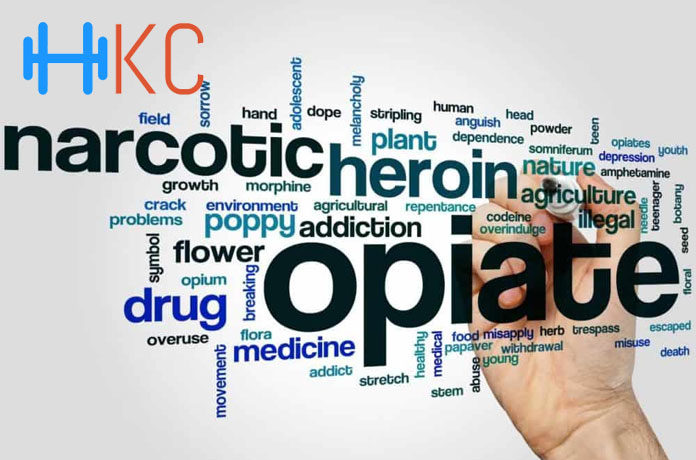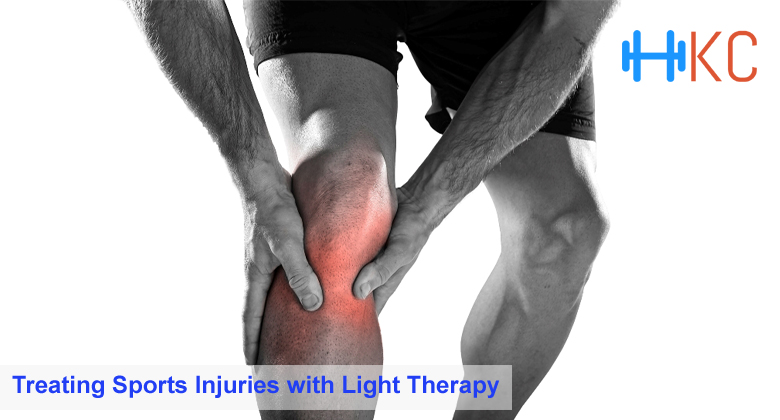Opiate addiction, which is also known as opioid use disorder, is a problem that affects millions of ordinary Americans. Many affected by it become addicted through taking medication that was legitimately prescribed by doctors for the alleviation of pain. The symptoms of addiction can be so subtle that you may not even realize that you have a problem.
Drug Addiction can be quite hassling especially when it starts affecting your metabolism. When you feel your daily biological functioning is getting bad and your behavior is changing, it is a sign that you are addicted. It could possibly be due to extended use of a drug due to depression or anxiety or using it for reasons other than the one prescribed by your healthcare expert.
Generally, when you purchase opioids legally and use it for the intended purpose as per your doctor’s advice, it should not make you addict. Although normal use may entail mild symptoms like constipation and nausea, any overuse may lead to adverse effects like dependency. Opioids stimulate your cognitive system, the brain essentially produces dopamine that triggers a penchant for taking more than prescribed. This normally results in the person taking too much of the drug or using it for a longer time.
The existing method used by healthcare experts for identifying or diagnosing this condition known as ‘substance use disorder’ makes use of the DSM5 criteria. This diagnostic method was updated by American Psychiatric Association in the Diagnostic and Statistical Manual of Mental Disorders, Fifth Edition in 2013. According to this criterion, any person experiencing two of the symptoms highlighted below within the past year is addicted and must be provided treatment for opioid misuse.
Here are some symptoms that could indicate that you need to seek treatment for prescription opiate addiction:
1. You Are Not in Control of Your Usage
Prescription opiates are intended to be used for a very specific period. If you are using them beyond the period prescribed by your doctor, you may have a problem. You also may have a problem if you cannot control how much of the pills you take or are unable to cut down their use. Taking opioids in large amounts is usually due to depressive feelers or boredom. You might also be tempted to take more than prescribed to relieve pain. Essentially, painkillers are intended for a quick fix for the short term and you do not need Opioids for more than 3 days. Extending the use can lead to addiction and serious health issues. Then, there are other environmental, genetic or psychological factors that may tempt you to take more of the drug.
2. The Drugs Are Consuming Your Time
Taking prescription medication should be something that occupies just a small portion of your daily activities. But if large parts of your day are spent looking for the drugs, or if you need lots of time to recover from using them, you may need to seek help. This is especially true if you feel a strong compulsion to use the drugs throughout the course of the day.
3. The Drugs Are Causing You Problems
Those who have become addicted to prescription opiates often find themselves facing a variety of problems. These could be legal problems relating to your behavior when using the drugs, or they could be some kind of social problem. Examples of the latter are serious arguments with family, friends or coworkers. You could also be experiencing physical and mental problems related to the drugs.
4. The Drugs Are Changing Your Lifestyle
Major lifestyle changes are often a telltale sign of prescription opiate addiction. You may find that you are skipping or reducing activities that you used to often partake in before taking the drugs. This could be exercise, reading or spending time with loved ones. You may also find that you are partaking in activities that are dangerous, too, such as mixing the drugs with alcohol or using the drugs while driving or operating dangerous equipment.
5. You Are Becoming Tolerant to the Drugs
If you are finding that you keep needing to take more and more of the drugs to achieve the same level of pain relief, you may be coming tolerant to the drug, which is another sign of addiction. This is also the case if you need to take the drug more often than you are supposed to in order to maintain relief from pain.
6. You Are Experiencing Withdrawal Symptoms
If you are trying to reduce the amount of prescription opiates you are taking and find that this causes you physical problems, this may mean that you are suffering withdrawal symptoms. These symptoms can be very debilitating and often cannot be overcome on your own.
7. You Are Using the Drugs To Get High
If you are using prescription opiates not just to relieve pain but also to achieve the state of euphoria that often accompanies taking the pills, then you most likely have a problem and need help.
8. You Are Using Unprescribed Pills
If your desire for the drugs is so great that you are buying them illegally, or if you are using pills that were prescribed for someone else, this is another strong sign that you need to seek treatment.
Spending More Time Seeking Drug
Another symptom of drug addiction is the amount of time you are spending on purchasing, using or obtaining the opioid. Aside from your time, the addiction also makes you spend more money and you can end up wasting a lot especially if you are using expensive pills.
Craving For Opioid
Apart from the need to use the drug, you generally feel a strong urge or craving to take the opioid. This is normally due to the brain sending signals to seek more of the drug. Although you are cognizant of the fact that the substance is harmful, yet the temptation is so strong that you pay little attention to the ensuing negative consequences.
Remiss Of Your Duties
The misuse of opioid also leads to negligence and irresponsible behavior. Opiate addiction can affect your sleep and rational thinking that often leads to the person ticking off more and being less aware of the everyday routine and its demands. With such an addiction, it is not hard to notice failure to fulfill duties at work, school or at your home. Because you tend to feel sedated at most times, it is difficult to adopt an active routine where you are paying more attention to your chores.
Continued Use Of The Drug
While the drug overuse may cause alienation, where you tend to be less social and interactive, a long-term pattern for such addiction can cause relationships to fray. If you notice personality changes like sudden outbursts of anger, arguments with a family or friend or a bluesy mindset, it is a clear portent that you are addicted. Usually, affected persons tend to be very defensive about their drug use and might not be very amiable when it comes to quitting or withdrawal suggestions.
Being Less Social & more Reckless
Addicts generally tend to shy away from social obligations including leisure activities like hanging around with friends, swimming, dining out or playing sports. There is a visible sign of being more reckless in the activities like driving, using equipment or even doing a simple chore, which is a known side effect that indicates a strong addiction.
In conclusion, if you are experiencing some or many of the symptoms listed here, it is important for you to seek treatment. There is no shame in asking for help. The only shame is when you do not.














